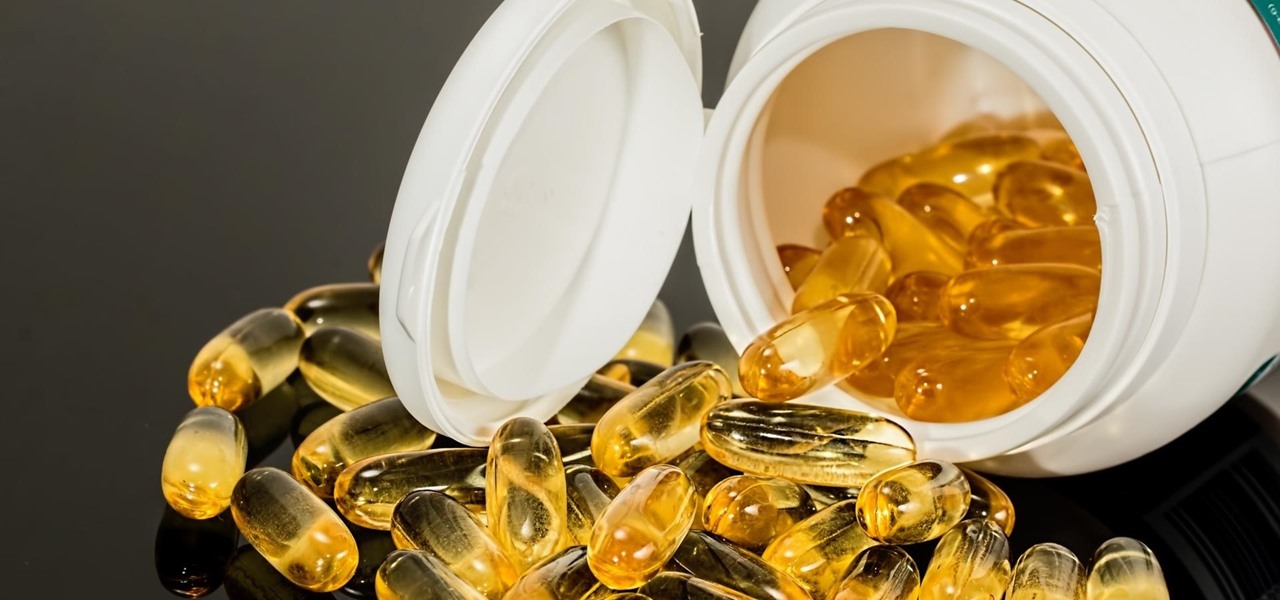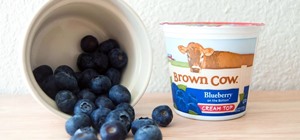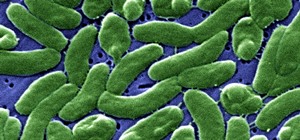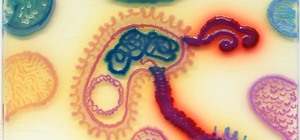Some studies have shown that vitamin D supplements help fight respiratory infections, but some haven't. A new study published in The BMJ clarified the confusion, and identified a group of people that might be better able to fight off colds and flu with vitamin D supplements.
The new research analyzed the results of 25 previous studies involving over 11,000 participants. The team behind the study, led by Adrian Martineau from Queen Mary University of London, organized the data according to participant blood levels of vitamin D and reanalyzed it.
They found that people deficient in vitamin D who took daily or weekly vitamin D supplements had half the chance of getting an acute respiratory infection, like a cold or flu, than vitamin D-deficient people who didn't take the supplement.
Using a 25(OH)D blood test, a blood level of less than 25 nanomoles per liter (nmol/l), or 10 nanograms per milliliter (ng/ml), was the cut off used by the researchers to define vitamin D deficiency. A normal amount for adults is greater than or equal to 50 nmol/l, or 20 ng/ml, so these people were severely deficient.
Supplemental vitamin D between 200 IU to 4,000 IU per day had the same effect to decrease the risk of getting a respiratory infection. Overall, every participant who took vitamin D supplements had a slightly reduced risk—12% less risk—of getting at least one respiratory tract infection.
This is especially relevant since the time we here in the Northeastern US are usually low on vitamin D—the winter, when there's less sun—is the same time in which these types of infections are circulating.
The Vitamin D Connection
We all know that vitamin D is important for bone health. Low levels of vitamin D in the blood have been associated with several different cancers. But vitamin D also has properties that help fight respiratory infections.
Vitamin D is metabolized by the body to an active form the body can use called 25-hydroxyvitamin D, 25(OH)D—a compound that increases proteins in the body that respond to the presence of bacterial and viral organisms. Other metabolites of vitamin D increase certain chemicals, like reactive nitrogen and oxygen intermediates, that are active in the body's response to microbes.
There aren't many foods rich in vitamin D; Fatty fish, such as tuna, salmon, and mackerel have the most, and smaller amounts can be found in cheese, egg yolks, mushrooms, and beef liver. But milk, yogurt, and even breakfast cereal and orange juice are often fortified by the addition of vitamin D.

Geographical location also helps to determine how much vitamin D we have in our blood because ultraviolet rays from the sun trigger our skin to make vitamin D. That means, people who live where the sun's UV rays are stronger, like near the equator, have higher blood vitamin D levels than people who live at higher latitudes.
A vitamin D deficiency can occur if not enough food rich in vitamin D is consumed, and/or if vitamin D is not absorbed from exposure to sunlight. It can also occur if the kidneys can't convert the vitamin to its active form, and that's where supplements come in.
The Food and Nutrition Board recommends that adults get 600 IU of vitamin D per day. But it's hard to know if you are getting what you need from your diet and from the sun.
Knowing your blood vitamin D level—measured as 25-hydroxyvitamin D—can clue you in to whether supplements are right for you. If your levels are very low, this new research has just shown that taking supplements can cut your risk for colds and flu in half. It's an easy and inexpensive way to better health.
Just updated your iPhone? You'll find new emoji, enhanced security, podcast transcripts, Apple Cash virtual numbers, and other useful features. There are even new additions hidden within Safari. Find out what's new and changed on your iPhone with the iOS 17.4 update.





























Be the First to Comment
Share Your Thoughts